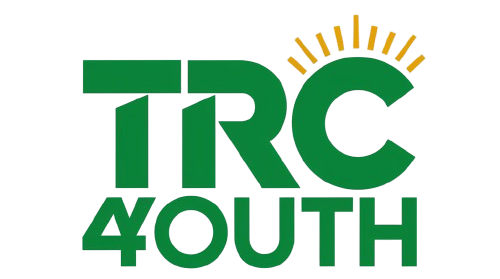The Role of Career Coaching in Achieving Career Success
Career success is often the result of a combination of talent, hard work, and strategic planning. While many individuals possess the drive and capability to succeed, navigating the complexities of the modern job market can be challenging. Career coaching offers a structured approach to achieving career success by providing guidance, support, and tools to help individuals reach their professional goals. This article examines the role of career coaching in achieving career success, highlighting its benefits, processes, and impact.
The Role of Career Coaching
- Career Exploration and Clarity
- Identifying Career Goals: Career coaching helps individuals gain clarity on their career goals and aspirations. Through guided exploration, coaches assist in identifying desired career paths, industry interests, and long-term objectives. This clarity is essential for creating a focused and achievable career plan.
- Assessing Skills and Interests: Coaches use various assessment tools to evaluate skills, interests, and values. This information helps individuals align their career choices with their strengths and passions, ensuring that career decisions are well-informed and aligned with personal fulfillment.
- Strategic Career Planning
- Developing a Career Plan: Career coaching involves creating a detailed career plan that outlines short-term and long-term goals, action steps, and timelines. Coaches work with individuals to develop strategies for achieving these goals, including identifying potential obstacles and solutions.
- Creating an Actionable Roadmap: An actionable roadmap is essential for career success. Career coaches help individuals break down their goals into specific, measurable tasks and milestones, providing a clear path to follow and ensuring steady progress toward career objectives.
- Professional Development
- Skill Enhancement: Continuous professional development is crucial for career success. Career coaching identifies areas for skill enhancement and recommends training, certifications, and resources to improve competencies and stay competitive in the job market.
- Leadership and Growth: For those aiming for leadership positions, career coaching provides guidance on developing leadership skills, including strategic thinking, team management, and effective communication. Coaches offer strategies for personal growth and professional advancement.
Benefits of Career Coaching
- Increased Motivation and Focus
- Goal-Setting and Accountability: Career coaching helps individuals set clear goals and provides accountability for achieving them. Regular coaching sessions ensure that individuals stay focused, motivated, and committed to their career development.
- Overcoming Challenges: Career coaching provides support for overcoming obstacles and setbacks. Coaches offer strategies for managing challenges, maintaining resilience, and adapting to changes, contributing to sustained motivation and progress.
- Enhanced Job Search and Networking
- Effective Job Search Strategies: Career coaching equips individuals with effective job search strategies, including resume writing, cover letter crafting, and interview preparation. Coaches provide guidance on tailoring application materials and leveraging job search platforms.
- Building a Professional Network: Networking is a key component of career success. Career coaches offer strategies for building and nurturing professional relationships, attending industry events, and utilizing social media to expand connections and opportunities.
- Improved Work-Life Integration
- Achieving Balance: Career coaching addresses the importance of work-life integration, helping individuals balance career demands with personal life. Coaches provide strategies for managing time, setting priorities, and achieving a harmonious balance between work and personal commitments.
- Managing Stress and Well-Being: Maintaining well-being is essential for career success. Career coaching offers techniques for managing stress, fostering resilience, and prioritizing self-care, contributing to overall job satisfaction and long-term success.
…
